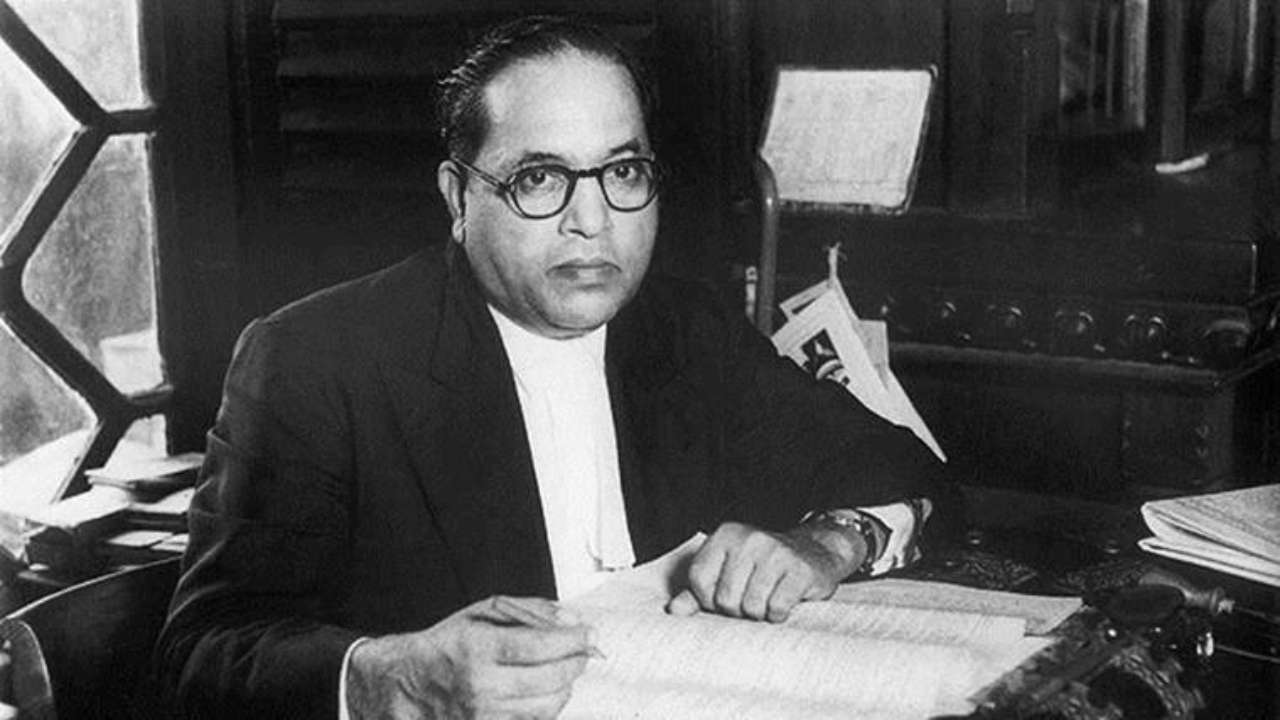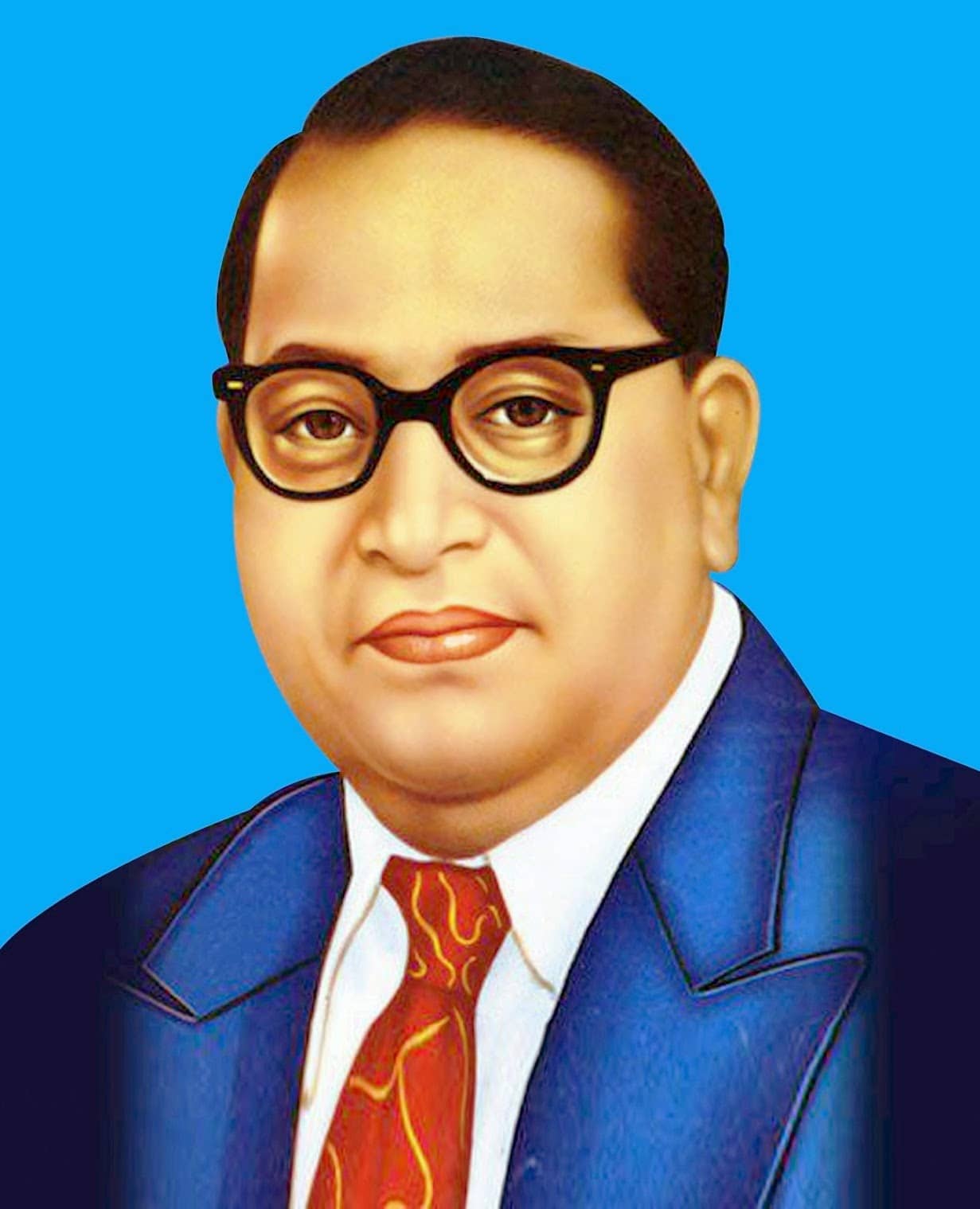| Posted on July 21, 2022 | Education
Who is the father of constitution?
@vikusingh1788 | Posted on October 8, 2023
Dr. Bhimrao Ramji Ambedkar, popularly known as Babasaheb, is known as the father of the Indian Constitution. He was a jurist, economist, politician, and social reformer who played a pivotal role in the drafting of the Constitution of India.
Ambedkar was born into a Dalit family in 1891, at a time when Dalits were subjected to severe discrimination and oppression. He overcame many challenges to pursue his education and become a lawyer. He also became a vocal advocate for the rights of Dalits and other marginalized groups.
In 1946, Ambedkar was appointed chairman of the Drafting Committee of the Constituent Assembly of India. The Drafting Committee was responsible for drafting the Constitution of India, which was adopted on November 26, 1949.
Ambedkar played a key role in shaping the Constitution of India. He ensured that the Constitution enshrined the principles of equality, liberty, and justice for all citizens. He also played a key role in incorporating the Fundamental Rights and Directive Principles of State Policy into the Constitution.
Ambedkar's contributions to the drafting of the Constitution of India are immense. He is rightfully recognized as the architect of the Indian Constitution.

The father of the Indian Constitution is Dr. Bhimrao Ramji Ambedkar, frequently alluded to as Babasaheb Ambedkar. Brought into the world on April 14, 1891, in Maharashtra, India, Ambedkar assumed an essential part in the drafting and outlining of the Indian Constitution, which happened on January 26, 1950. His commitments to molding the Constitution and battling for civil rights have made him a famous figure in India's set of experiences.
Ambedkar, an unmistakable legal scholar, social reformer, and lawmaker, devoted his life to supporting the freedoms of Dalits (previously known as "Untouchables") and minimized networks. His experience as a Dalit himself and his battles against social segregation filled his relentless obligation to uniformity, equity, and the strengthening of socially mistreated gatherings.
As the Director of the Drafting Board of trustees of the Constituent Get together, Ambedkar assumed an essential part in molding the Indian Constitution. He drew upon different wellsprings of motivation, including the constitutions of different nations, parliamentary techniques, and standards of equity, while enveloping the particular necessities and desires of the assorted Indian culture.
Ambedkar's vision for the Indian Constitution was established in the standards of civil rights, major privileges, balance, and the annihilation of separation. He accentuated the need to lay out instruments and shields to safeguard the privileges and interests of minimized networks, including Planned Ranks, Booked Clans, and Other In reverse Classes.
Ambedkar's mediations during the Constituent Gathering discusses were critical. He vociferously pushed for the consideration of arrangements that would ensure equivalent freedoms, abolishment of distance, reservations, assurance of minority privileges, and admittance to training and medical services for all. He likewise assumed a critical part in drafting and molding portions of the Constitution relating to basic privileges, nullification of unapproachability, and reservations in councils and taxpayer driven organizations.
Ambedkar's impact stretched out past the Constitution. He was a vocal supporter for social changes, including ladies' privileges, work freedoms, and land changes. He battled against the standing framework and attempted to take out friendly segregation and disparity. His endeavors were instrumental in cherishing governmental policy regarding minorities in society approaches like reservation in schooling and business open doors for socially burdened bunches in the Constitution.
Ambedkar's scholarly ability, devotion, and his priceless commitments to the drafting of the Indian Constitution gained him massive appreciation and appreciation the country over. Past his job as the dad of the Indian Constitution, he stays a persevering through image of the battle for civil rights, balance, and comprehensive vote based system.
It's vital to take note of that while Ambedkar is broadly perceived as the primary designer of the Indian Constitution, he worked close by a few other unmistakable pioneers, educated people, and legitimate specialists in the Constituent Gathering, each making significant commitments to the cycle.
Babasaheb Ambedkar's heritage keeps on moving ages in India and all over the planet. His lessons and beliefs act as a directing light for the continuous quest for civil rights, balance, and poise for all.
